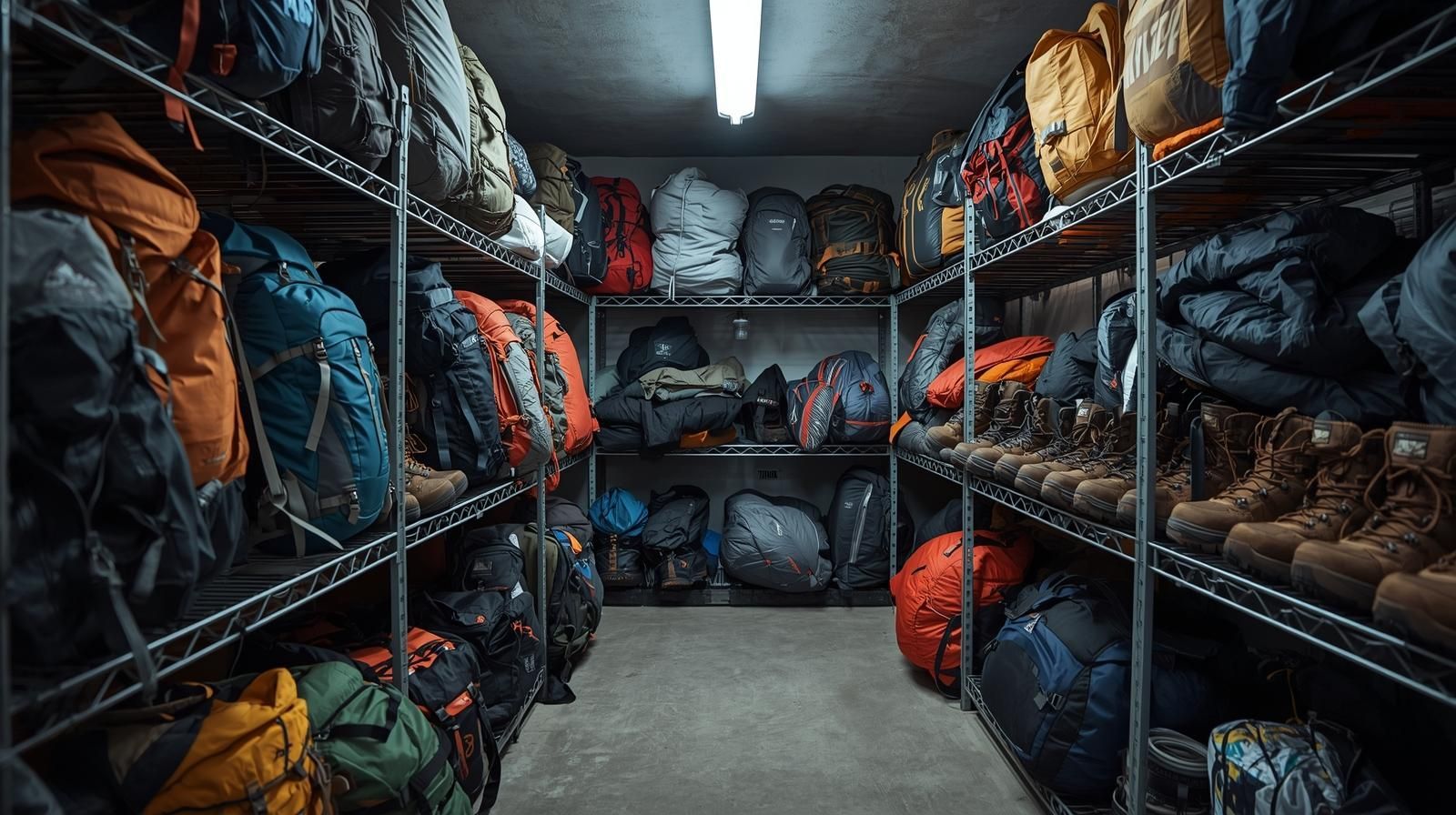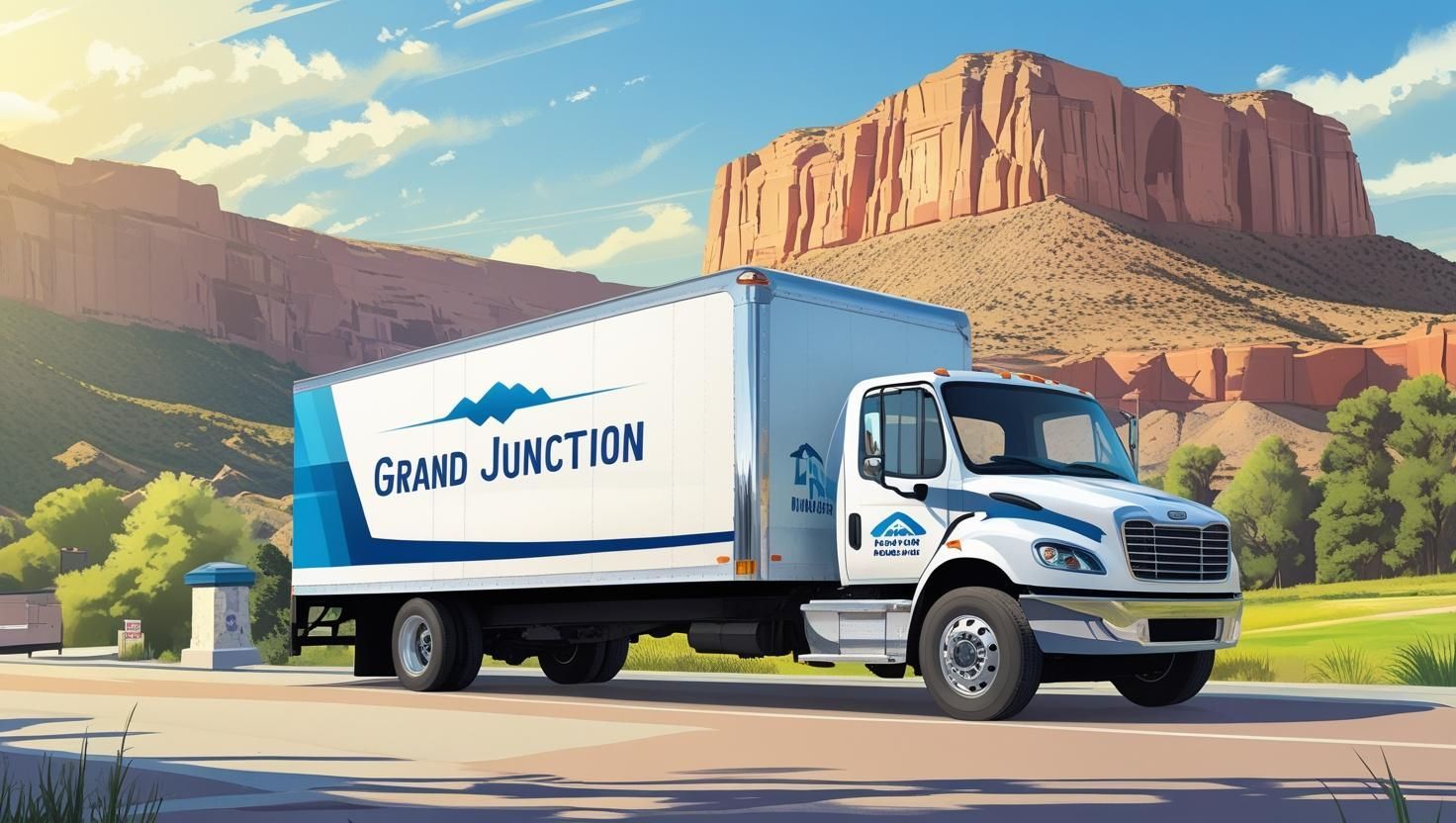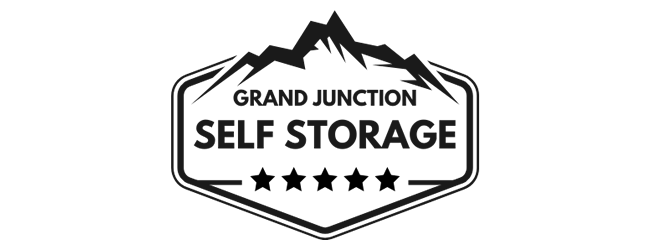Living in Grand Junction, CO: A 2025 Relocation Guide
Grand Junction, Colorado is quickly becoming one of the most desirable places to live on Colorado’s Western Slope. Positioned near the Utah border in Mesa County, the city combines small-town atmosphere with easy access to outdoor recreation and a relatively low cost of living. If you're relocating to the area, having a dependable solution like a trusted storage facility in Grand Junction can make your move easier by offering secure, flexible storage during the transition.
Location and Accessibility
Grand Junction sits at the junction of the Colorado and Gunnison Rivers, with I-70 providing easy access to Denver (around 4 hours east) and Moab, Utah (about 2 hours west). It serves as a regional hub for healthcare, shopping, and education in western Colorado. The city also has its own regional airport (GJT), offering daily flights to Denver, Phoenix, Dallas, and other cities.
Cost of Living and Housing
The cost of living in Grand Junction is generally lower than in Colorado’s Front Range cities. According to recent market data, the median home price in 2025 hovers around $380,000—significantly less than in Boulder, Fort Collins, or Denver. Renters will find one-bedroom apartments averaging $1,100–$1,300/month.
Housing options are diverse, ranging from historic homes downtown to newer developments in Redlands and Orchard Mesa. The city continues to see new residential construction, especially in the northeast and southeast corners of town.
Neighborhood Overview
Downtown Grand Junction
The downtown area offers walkability, local restaurants, art galleries, and year-round events like the Grand Junction Art Festival. The tree-lined Main Street is a focal point for culture and community.
Redlands
Located west of downtown, Redlands is known for its larger lots, red rock views, and proximity to hiking and biking trails near Colorado National Monument.
Orchard Mesa
A more residential area southeast of the city center, Orchard Mesa features single-family homes, schools, and access to the Riverfront Trail. It's a popular choice for families.
Education
Grand Junction is served by Mesa County Valley School District 51, which operates several elementary, middle, and high schools in the area. The city is also home to Colorado Mesa University (CMU), a public institution with nearly 9,800 enrolled students as of fall 2024. CMU offers undergraduate and graduate programs across disciplines such as health sciences, engineering, business, and education.
Outdoor Lifestyle
Grand Junction is known for its access to outdoor recreation. Residents enjoy mountain biking, hiking, fishing, and rafting within minutes of town. Popular areas include:
- Colorado National Monument – Scenic drives and hiking trails through sandstone canyons and mesas.
- Grand Mesa – The world’s largest flat-top mountain, ideal for fishing, skiing, and camping.
- Riverfront Trail System – Over 30 miles of paved trails along the Colorado River, linking parks and neighborhoods.
For skiing and snowboarding, Powderhorn Mountain Resort is less than an hour away, and Telluride is within a weekend trip distance.
Climate
Grand Junction has a semi-arid climate with around 300 days of sunshine annually. Summers are hot and dry, with July highs in the 90s (°F). Winters are mild, with occasional snowfall but relatively few days below freezing. The city sits at an elevation of 4,593 feet, which allows for four distinct seasons without the harsh conditions found in Colorado’s higher-elevation towns.
Transportation and Commute
Most residents rely on personal vehicles. Traffic congestion is minimal, and average commute times are under 20 minutes. The city’s public transportation system, Grand Valley Transit (GVT), provides bus routes throughout the area, though coverage is limited compared to urban centers.
Cycling is popular, and bike lanes and multi-use trails are expanding across the city. Grand Junction is considered bike-friendly, especially near downtown and in parks.
Arts and Culture
Grand Junction supports a growing arts community. Local attractions include the Western Colorado Center for the Arts, Avalon Theatre, and the First Friday Art Walk downtown. Annual events include:
- Downtown Grand Junction Art Festival
- Palisade Peach Festival (nearby)
- Colorado Mountain Winefest
Shopping and Dining
National retailers such as Target, Home Depot, and REI are located in the Grand Junction area, alongside locally owned shops and restaurants. The culinary scene features everything from casual cafes to farm-to-table dining. Local produce—especially Palisade peaches and Olathe corn—is abundant at the Downtown Farmers Market, held every summer.
Healthcare and Services
As a regional medical center, Grand Junction is home to multiple hospitals, including Community Hospital and St. Mary’s Medical Center. Specialized services in cancer treatment, orthopedics, and cardiovascular care are available locally, reducing the need for residents to travel long distances for care.
Downsides to Consider
While Grand Junction offers many benefits, there are a few considerations for potential residents:
- Limited nightlife and cultural events compared to Denver or Boulder.
- Higher summer temperatures with occasional air quality issues due to wildfire smoke.
- Relative isolation, with the nearest large metropolitan areas several hours away.
Final Thoughts
Living in Grand Junction offers a unique blend of natural beauty, affordability, and community-focused living. With outdoor recreation, diverse housing options, and a welcoming atmosphere, it's no surprise that this Western Slope city continues to attract new residents.
For those planning a move, having access to
Grand Junction Self Storage ensures a smoother experience, whether you're storing gear, furniture, or seasonal items. Grand Junction stands out as a place where lifestyle and landscape come together seamlessly.





